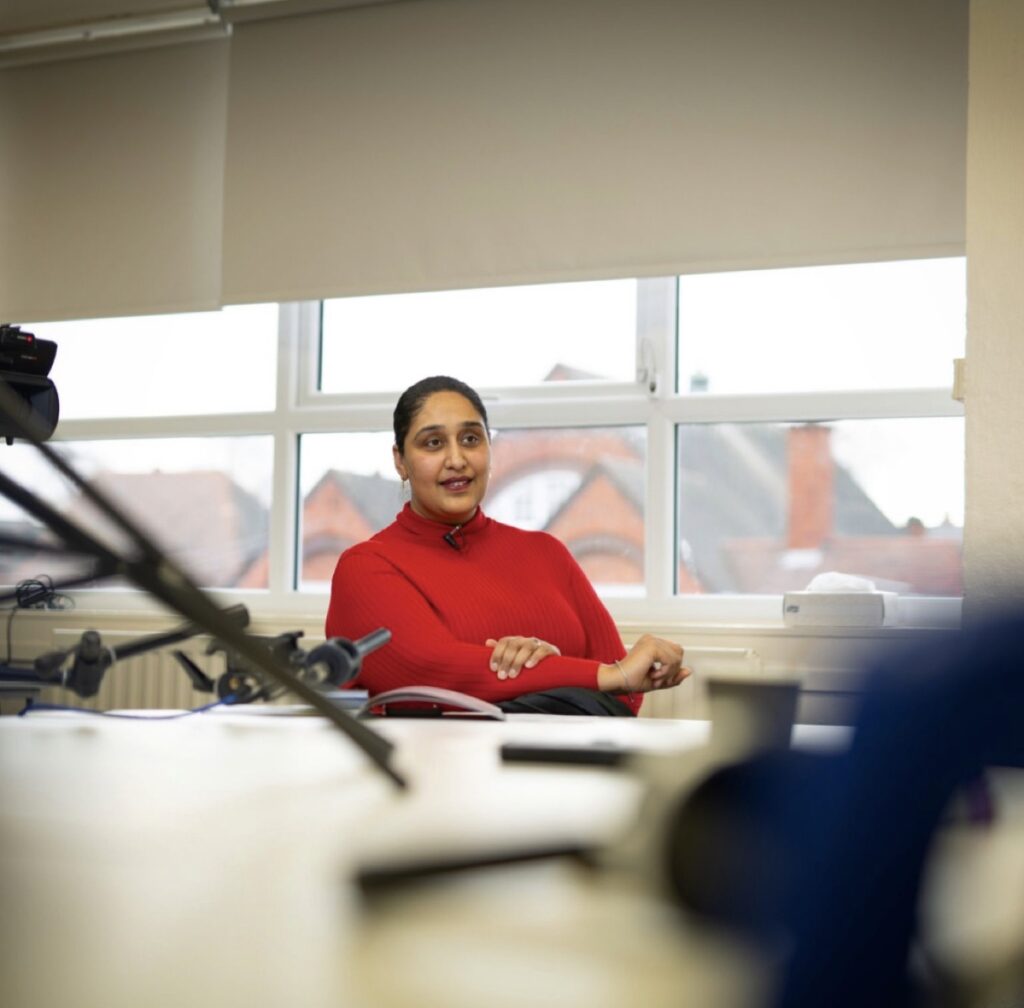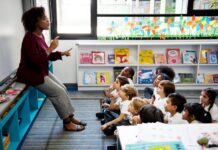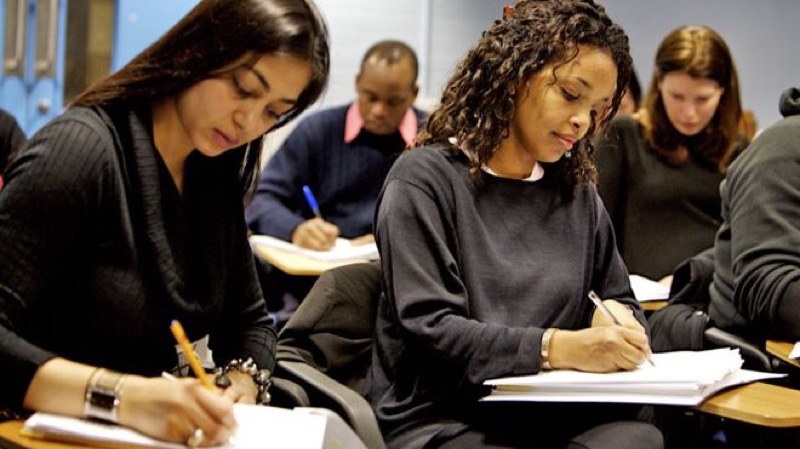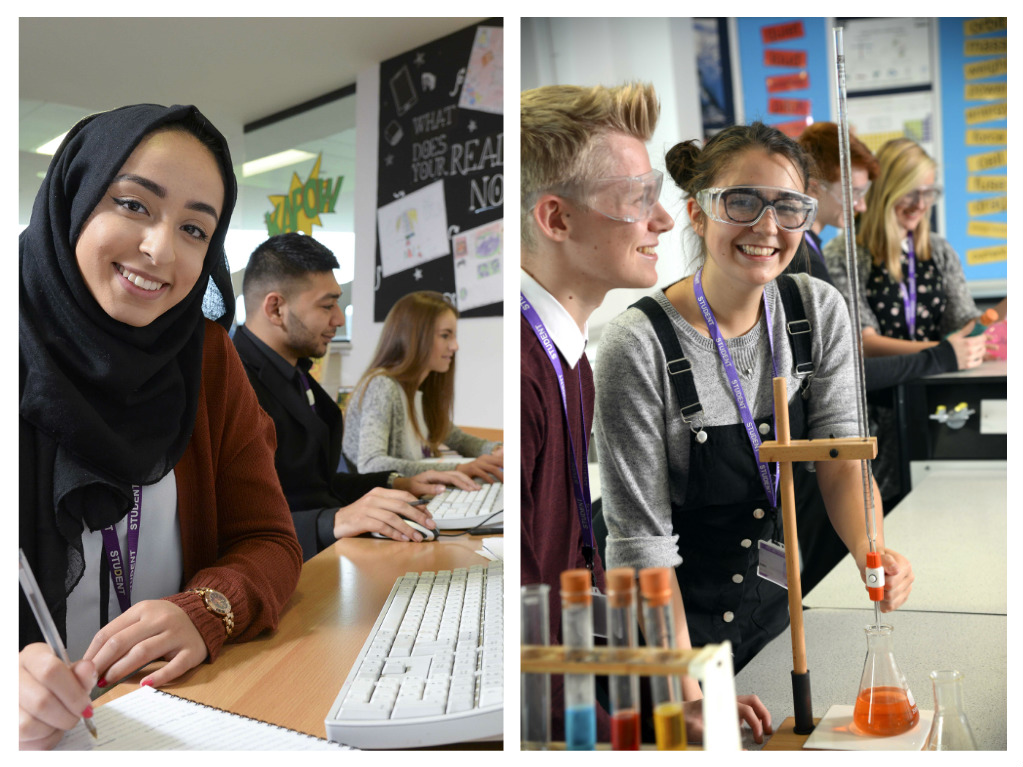Dana Abdulkarim, senior lead teacher in PE and PSHE and the first Muslim woman to represent England in any sport, and Herminder K Channa OBE, executive principal at Ark Boulton Academy, are here to reassure parents that help is at hand
The pandemic has had a huge impact on everyone, not least children and young people who have had their education and school experience disrupted by lockdowns, self-isolation and remote learning. It’s no surprise that parents, teachers – and even pupils have expressed concern about the effects the Covid-19 outbreak could have on their education.
To support parents to fill gaps in their children’s learning, the Department for Education has launched a new website featuring catch-up programmes and fun resources for children and young people in England this summer.
Everything from support for children with Special Educational Needs and Disabilities and early years to mental health is covered. And there are a range of resources to suit children of all ages and suggestions for activities parents can do with their children and ones that kids can do independently.
Dana Abdulkarim and Herminder K Channa OBE reassure parents that they can support their children’s learning over the summer through fun and educational activities.
Here they share some of their top tips on how you can help your kids catch up over the summer holidays.
Encourage healthy eating and exercise through the Holiday Activities and Food Programme
Maintaining a healthy and active lifestyle is important for all of us, but especially children. A good diet and regular physical activity is essential for children’s health and development.
Before and throughout the pandemic, I’ve seen first-hand how providing nutritious meals can be difficult – or even unattainable – for some families, especially during the holidays. The Holiday Activity and Food Programme (HAF) is here to provide healthy food and enriching activities to children who need them. The key here is about making good food and movement choices part of your lifestyle, rather than ‘something to try’.
Plus, families who take part in HAF receive access to information and support to help them develop their understanding of nutrition and food budgeting.
The programme is run by councils and is free for children who receive free school meals.
To find out how to get involved, contact your local council.
For additional summer support, your child may still have the opportunity to take part in a summer school. This combination of lessons and fun activities is aimed at new Year 7s. For more information, contact your child’s school.
Herminder K Channa OBE: “Make the most of activities in your local area and across the country.”

As a Muslim woman who has made history, I know the impact representation can have on children and young people’s aspirations. The reopening of heritage sites and venues means families can learn about historical figures of all backgrounds who have made an impact.
Aside from heritage activities, there are a whole host of creative ways you can approach learning. I’m exploring my local area by following the Bears of Sheffield art trail. It’s one of many free activities the whole family can enjoy this summer.
The Department for Digital, Culture, Media and Sport, together with the Department for Education, has put together a guide of what’s on offer around the country. It features information about challenges, events and resources relating to creativity, sport, nature and much more.
Read the Rediscover Summer guide here.
Dana Abdulkarim: “Boost their literary skills by taking part in this year’s Summer Reading Challenge.”
I love getting stuck into a good book – and equally enjoy helping children and young people to discover the joys of reading. I’m currently reading Women in Sports: 50 Fearless Athletes Who Played to Win by Rachel Ignotofsky to my niece to inspire her as we follow the Olympics.
Whether your children are bookworms or not, the Summer Reading Challenge 2021 can help boost their literary skills.
Children can take part in the challenge by signing up at their local library. It’s completely free and each participant will receive a special collector poster that they can decorate with stickers each time they return the books they’ve read to the library. Once they’ve collected all the stickers and completed the challenge, they’ll get a special certificate recognising their achievement. There’s also an online version of the challenge where children can log their progress and unlock special badges and extras.
This is a wonderful activity that children can do on their own or while you sit and listen to them, which will give you an opportunity to discuss any vocabulary or ideas they struggle with.
To find out more and how to sign up, click here.
“Expand your teenage children’s horizons by getting them to register for National Citizen Service.”
The pandemic has been particularly tough for teenagers who, like all of us, have had to make sacrifices to help keep those around them safer. But the summer holidays are an opportunity for them to regain much of their freedom and independence.
One way they can do this is by signing up for National Citizen Service (NCS). It’s designed specifically for 16 and 17 year olds, and is a great way for young people to learn new skills, make friends and gain a clearer idea of what careers they can pursue once they finish school.
Young people on the programme spend a few weeks during the holidays developing a range of practical skills from first aid to cooking, and taking part in exciting sports and social activities. They also get the opportunity to have their voices heard and pursue a project they’re passionate about.
Once they’ve completed the programme NCS also signposts young people to a number of platforms that can help them compose a CV, secure paid work and get involved in environmental action.
You can find out more and register here.














